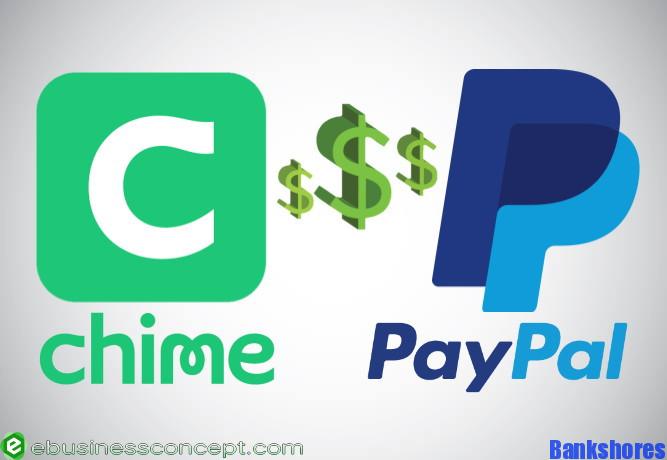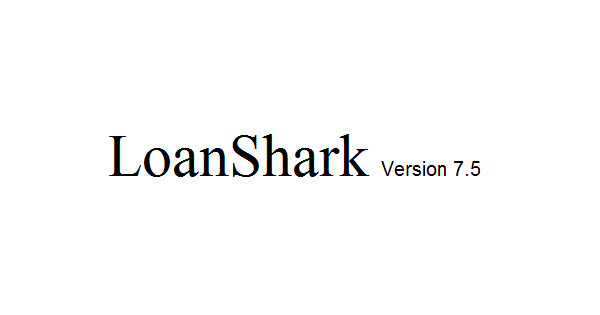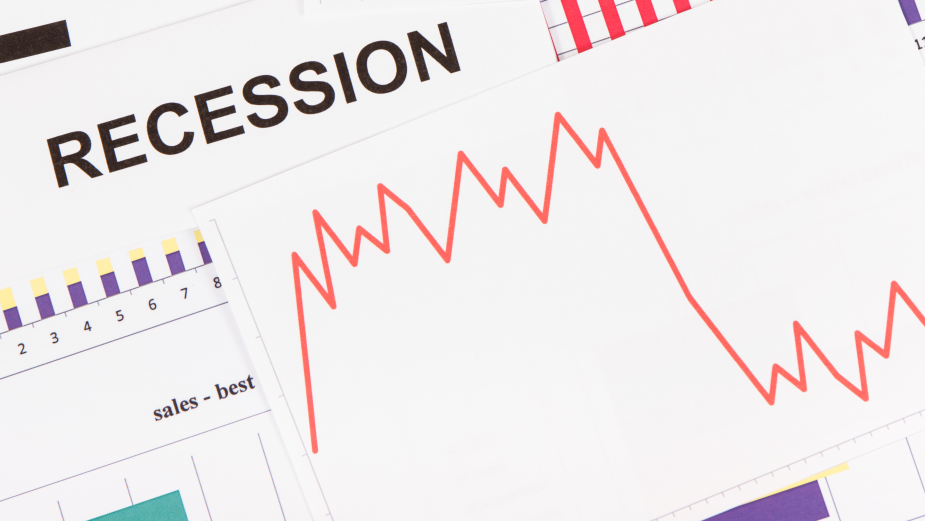The world of personal finance can be confusing and complex, especially if you’re just getting started. Fortunately, there are plenty of ways to take control of your finances and start planning for the future with confidence and clear direction. Use these 10 tips to start building your foundation for financial success today.
1) Make Good Use of Credit Cards
Making good use of credit cards will not only allow you to make purchases without using cash, but also give you a sense of financial freedom. The key is knowing when it’s best to pay off your balance in full, and when it’s worth carrying a balance. For example, if you purchase something that can be returned for free or with minimal return fees and the interest rate on your card is low enough, it may be worth paying the minimum payment and carrying a balance on your card instead.
The most important thing about making good use of credit cards is understanding how much you are able to spend before payments are due so that you don’t carry over an unpaid balance from month to month. Using a calendar can help keep track of these due dates and establish spending limits before charging.
2) Get a Budget
Another step towards taking control of your finances is getting a budget. Use a simple spreadsheet to track how much you make and how much you spend on average every month. Write down each expense and categorize them. This will make it easier for you to see what area(s) need more attention so that you can come up with solutions.
The best way to start budgeting is by estimating how much income you want or need per month, then deducting expenses (rent, food, credit card bill) from that number. The remaining number is your monthly savings goal for the categories: fixed costs (bills), essentials (groceries), and fun money (entertainment). Remember, these numbers are meant as estimates– no one is perfect at this!
3) Track Spending
In order to better manage your money, it’s important that you track your spending. To start, divide your monthly budget into different categories. For example, if you spend $500 on rent and $600 on groceries every month, then it would make sense for those two items to be listed as part of the housing and food category. Next, jot down the amount of money you have left in each category after buying all of your groceries and paying rent. If you’re living paycheck-to-paycheck, this might not seem like a feasible solution.
However, by tracking your expenses and income on a regular basis, you’ll eventually learn how much money is coming in and going out. With this knowledge, it will be easier to decide what changes need to be made so that more money is being saved rather than spent.
4) Keep Good Records
Keeping good records is a great step in taking control of your personal finances. If you keep your spending and income separated in two different places, it will be easier to identify areas where you are spending too much or not earning enough. Having a complete record will also make tax time easier. You don’t have to go buy expensive software or sign up for an account with a big bank – all you need is a notepad and a pen. Write down what you spend money on, who paid, and the amount spent (make sure to include cents). When you spend money using cash, write down the day’s date so that can later cross reference it with credit card transactions if necessary.
This can be a little tedious, but if you do it daily, you’ll have a good idea of where your money is going. If you don’t want to keep track by hand, there are many free apps for phones that can help. You can use these records to make more informed decisions about where and how much money you should spend in the future. If you find that certain expenses come up frequently or unexpectedly (for example, car repairs), set aside some money every month so that when those situations arise, they don’t take a major chunk out of your savings or leave you on a tight budget until your next paycheck comes in.
5) Know When You Can Spend Money and When You Can’t
It’s a shame that sometimes the only lessons we learn from mistakes are after we have made them. If you can get in the habit of learning from someone else’s mistakes, it will benefit you more than the lesson would benefit them.
It is vital that you know when to spend money and when not to in order to get your personal finances under control.
6) Calculate All Debt Payoff Times
Debt payoff time is one measure of how quickly you can pay off your debt. It’s calculated by taking the amount you owe and dividing it by your monthly payment. The lower the payoff time, the less interest you will pay. The best-case scenario is paying off debt in a year or less! If you have some loans that are too big for a simple monthly payment, divide your balance by the yearly minimum payment required and add 12 months (because of each year’s due date).
7) Start an Emergency Fund
The best way to prepare for any situation is by starting an emergency fund. Start with $1,000 if possible and then add $200 each month until you reach the goal amount. As a general rule, your emergency fund should be at least six months’ worth of expenses. If you feel as though six months isn’t enough, that’s alright; just make sure it’s something that is achievable for you right now. This money can be used if you lose your job or someone in your family becomes ill and needs help paying the bills. It can also cover costs if you have an unexpected car repair or have a larger-than-usual electric bill due to a cold snap this winter.
9) Stay Away from Impulse Buys
Staying away from impulse buys helps in controlling your personal finances. When you buy impulsively, it can leave you with extra debt that you may not be able to afford. For example, people often buy new clothes or shoes when they are feeling depressed or low on self-esteem, which is not a good idea because it could lead to more financial problems down the road.
8) Consider Downsizing or Refinancing your House
Downsizing or refinancing your house may help in the short term. If you are upside down on your mortgage, then selling your home could be the only way out of debt. Make sure you take into account any closing costs and possible hidden fees when considering whether this is a viable option for you.
10) Think Long Term About Investment Choices
The best way to ensure your money is going toward a cause you’re passionate about, as well as providing security for the future, is by investing. While it may be challenging to save up now when there are so many other things demanding our attention, long-term investing provides an opportunity for your money to grow and generate more income that can help replace or supplement your current income. However, it’s important not only to think about how much you’re putting in but also how often and in what types of investments.
The most conservative investment strategy is likely having a traditional savings account (or CDs), which offers slightly less interest than other investments but with no risk of losing any money – some even offer high-interest rates right now!






